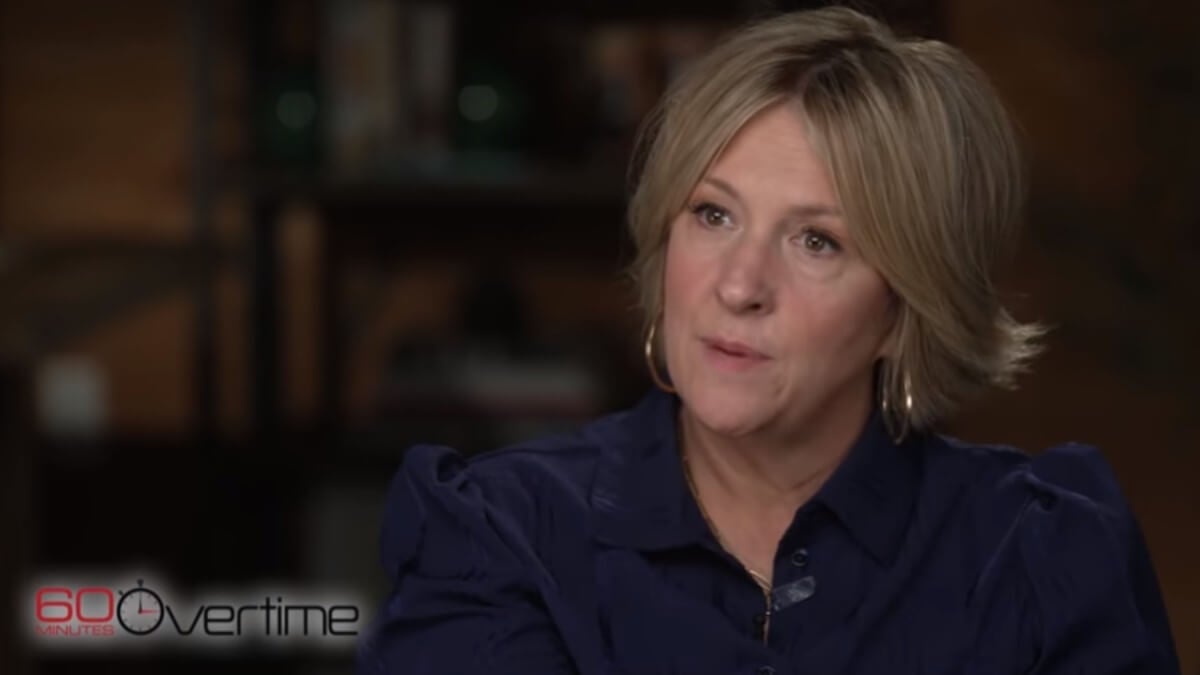
Brene Brown wants us to help each other. In an interview on CBS’s 60 Minutes, the University of Houston Professor, who studies human behavior and emotion, argued that we all need more compassion and empathy.
“I think we’re supposed to help each other. I mean, I don’t think we’re supposed to do it alone. We all want to be better,” Brown told Bill Whitaker.
She argued that those of us in a position of leadership could improve our levels of compassion and empathy by following some relatively simple steps.
In this era of social-distancing and rising levels of anxiety, a hefty dose of empathy and compassion sounds like an excellent idea.
Brene Brown says to address the causes of bad behavior
If you’re a leader of one or more people — that includes a parent with children or an employer trying to lead employees — she emphasizes that it’s essential to figure out the root cause of someone’s bad behavior.
For example, if an employee is angrily banging the table at a meeting, then it’s important to address the cause of their anger.
If you only order them to stop banging, then their bad behavior is likely to continue.
“If all we keep doing is managing behaviors without digging underneath and dealing with the fears and feelings that are driving the behaviors, we don’t see change,” Brown said.
Understand the difference between guilt and shame
She also argued we could affect positive change by understanding the difference between guilt and shame.
“Shame is really a focus on self, while guilt seems to be a focus on behavior,” she said. “So shame, ‘I am bad.’ Guilt, ‘I did something bad.'”
She uses the example of a parent disciplining a lying child to explain further: to call your child “a liar” is a shaming response.
Brown suggests it’s better to focus on the behavior itself and to instead respond with, “You’re a great kid, but you lied, and that’s not okay. Here are the consequences.”
“When we can focus on behavior, we are much more likely to respond with empathy and actually change,” Brown said.
Importance of Vulnerability
Brown further argued that we should embrace vulnerability. She said it is an important feeling that leads to courage and then on to creativity.
Innovation, by definition, is idea, iteration, failure, iteration, failure, iteration,” she said. “Places where they’re doing the most remarkable, kind of, high-risk, high-reward innovating [have] huge tolerances for vulnerability.”
She continued, “if you have leaders who are either preaching a gospel of ‘vulnerability is weakness’ or modeling that,” then you shouldn’t expect great achievements from those you are leading.
But embracing vulnerability doesn’t mean over-sharing, she emphasizes. Instead, a good leader should acknowledge the challenges they’re facing.
“All I’m saying about vulnerability is that when you are in uncertainty when you feel at risk when you feel exposed, don’t tap out,” Brown said. “Stay brave. Stay uncomfortable. Stay in the ‘cringey’ moment. Lean into the hard conversation. And keep leading.”
This all comes as helpful advice as we all try to come to grips with the coronavirus pandemic.
Many celebrities have done their best to provide good cheer and compassion to their fans during these trying times, from musicians performing concerts at home to Taylor Swift donating her cash to struggling fans.
In further good coronavirus news, Tom Hanks and his wife, Rita Wilson, have recovered from COVID-19.
The couple were diagnosed while filming in Australia, but have since recovered and returned to Los Angeles.